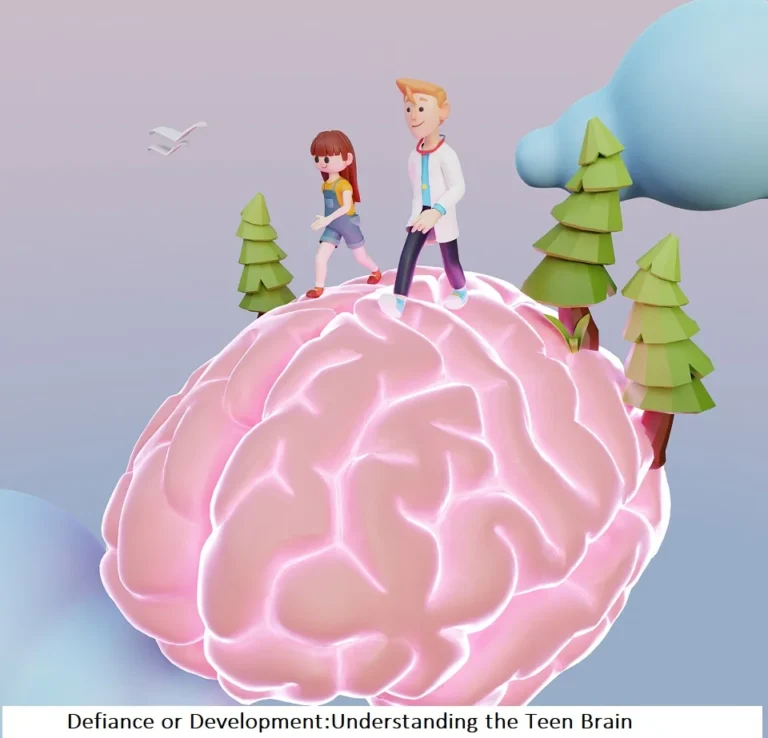
Teenagers exist at a crucial point in life where various elements shape their personal identity through multiple influences. During their transition from child to adult status teenagers take in the social values and standards and societal expectations from their environment. The impact of society on teen behavior cannot be overstated because it creates their life perspectives while forming their personality characteristics. The entire modern environment including family systems and social media patterns shapes how teens see themselves and the world around them.
The Foundation: Family as the First Society
Family members establish the fundamental behavior patterns and mental perspectives that teens will carry into broader social structures. Family members such as parents and siblings together with close relatives create unintentional role models for their children. Households that teach children respect and empathy will typically raise young adults who maintain these values in their relationships. Family environments marked by ongoing conflict together with neglect frequently create behavioral problems which result in teenage defiance and withdrawal behaviors.
Family influence works as a two-way mechanism which brings positive and negative effects to young people. Teens who receive solid support from their family develop well while those who experience excessive control and unrealistic expectations might rebel against their parental authority. Teenage rebellion occurs mostly because of fear about losing personal identity which both society values and simultaneously forces teenagers into standardized behavior patterns.
When families fail to establish clear boundaries and maintain consistent behavior patterns parents sometimes actively permit delinquent conduct from their children. Our article about Juvenile Delinquency: Understanding Why Teens Commit Crimes examines how family circumstances and societal influences create these problems through an analysis of their interconnected nature.
The School of Social Norms
During their time at school teenagers face extensive societal influence. The academic environment of schools serves as a miniature representation of the community which teaches students about social positions and teamwork and competitive dynamics. The term “peer pressure” directly represents the defining element of adolescence.
The behavior of a teenager will undergo significant modification when they choose to join friends who display the qualities they wish to possess. Peer influence helps teens adopt new behaviors but this influence also includes harmful effects. Teens develop stronger social connections through this influence but they may start dangerous activities when their peer group values rebellion more than being responsible.
Parents can protect their children from harmful situations through proper discipline techniques. The maintenance of proper boundaries between freedom and structure stands as an essential requirement. The article about Discipline vs. Punishment: Which Parenting Skill Works Best? shows parents how to handle these situations through healthy communication and mutual respect.
Social Media: The Double-Edged Sword
Social media stands as one of the primary societal influences which affect teenagers during the digital age. Through Instagram and TikTok and Snapchat teens gain access to worldwide cultural expressions as well as current trends and belief systems. Social media presents a system where people achieve validation based on receiving likes and shares and obtaining comments.
Young people face special risk because they tend to believe social media presentations which create unrealistic expectations about appearance and lead to increased feelings of self-doubt. A person viewing flawless images during their online browsing session may begin doubting their personal value. Mental health issues together with depression and low self-esteem result from constant self-comparison activities.
Social media exists as both an advantageous and disadvantageous force. Through social media platforms teens now have opportunities to share their individuality while finding people who share their interests and support their causes. Young people today use technology to voice their opinions and demonstrate their resilience through their participation in online fundraising activities and global social movements.
Cultural Expectations and Gender Roles
The way teens understand themselves and their position in society gets shaped by cultural norms which exist alongside societal expectations. Certain cultural environments enforce strict gender roles which dictate specific behaviors for boys and girls. The cultural expectations for boys emphasize independence and strength yet guide girls toward roles focused on care and nurturing.
The expectations set forth can be confining and cause inner turmoil. The teen girl who wants to enter a male-dominated field may encounter discouragement from both social expectations and her close surroundings. Boys who show interest in traditionally feminine activities face the challenge of concealing their hobbies because of social pressure. The cultural stereotypes restrict personal development by limiting individual freedom.
Parental efforts are essential for helping teenagers overcome stereotypes that limit them. Parents who build supportive spaces will enable their children to appreciate individuality and develop resilience. Practical advice on how to raise confident and empathetic teens is available in Mindful Parenting: Techniques to Raise Confident, Empathetic Children.
Society’s Role in Character Development
Teenagers do not receive societal influence passively because they actively interact with their environment to produce unique responses. The way teenagers interpret these influences determines which values they will accept and which they will reject to form their character. A teenager who encounters harsh realities about inequality will develop both strong justice principles and compassionate behavior. A person who experiences rejection or misunderstanding throughout their development may become either resentful or motivated to challenge established systems.
Mentors who serve as teachers and coaches and community leaders play an essential role in the development of young people. These figures step in when family members or peers fail to provide guidance to offer direction and inspiration. A well-timed mentoring word holds the power to steer teens toward positive directions and demonstrates how society can either support or damage development.
Building Resilience Against Negative Influences
The undeniable impact of society on teen behavior can be reduced through resilience. Teens develop better ways to handle social pressure through critical thinking combined with self-reflection and open communication. The process of questioning social norms along with establishing personal boundaries leads teens to develop self-assurance for making decisions that match their core values.
Parents together with educators should build supportive environments to let teenagers freely share their thoughts. Instead of forcing strict expectations parents should guide their teens through the exploration of self-discovery without fear of social criticism.
A Balanced Perspective
The social connection of teens transforms as they grow up. Their growing self-awareness makes previously overwhelming societal influences seem less powerful. The establishment made during teenage years will continue to be vital. Society exercises dual influence on teens by forming both beneficial and detrimental patterns but their final life direction emerges from combining their personal values with external backing.
Impact of society on teen behavior emerges through the interaction between family factors and peer relationships and media consumption and cultural elements. These forces present obstacles but simultaneously create pathways for growth and self-discovery and learning. When society establishes an environment which emphasizes understanding and empathy along with individuality it enables teenagers to overcome obstacles and reach their full potential. These young adults move forward into adulthood while carrying the essential lessons from their early development to form the society that molded them.


